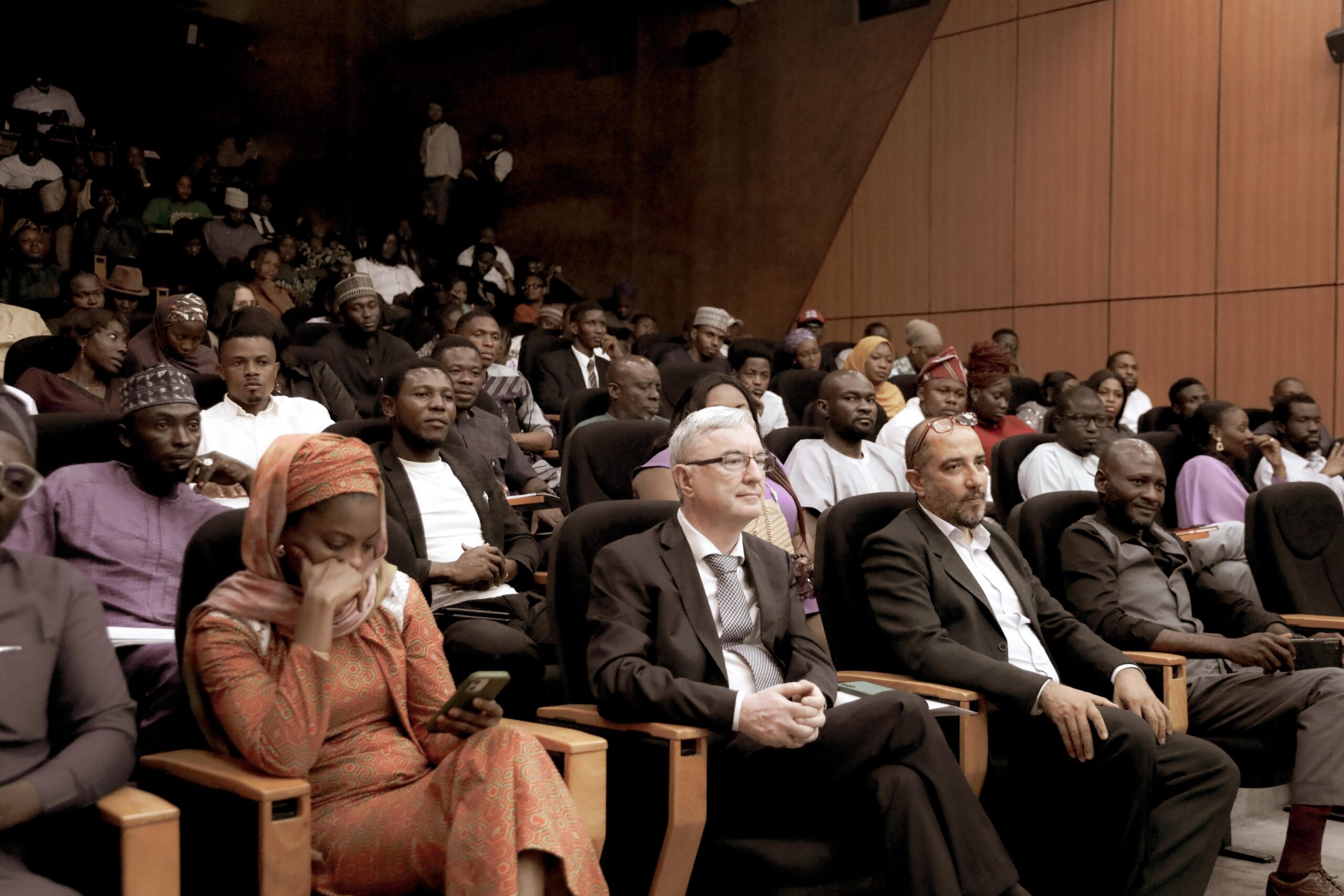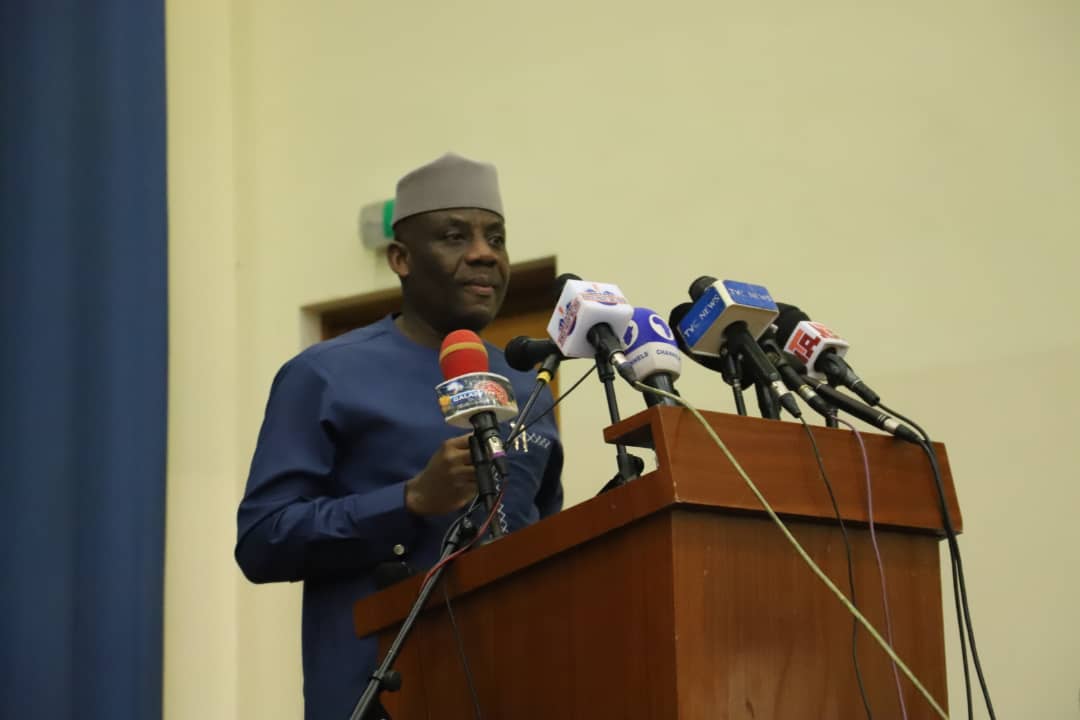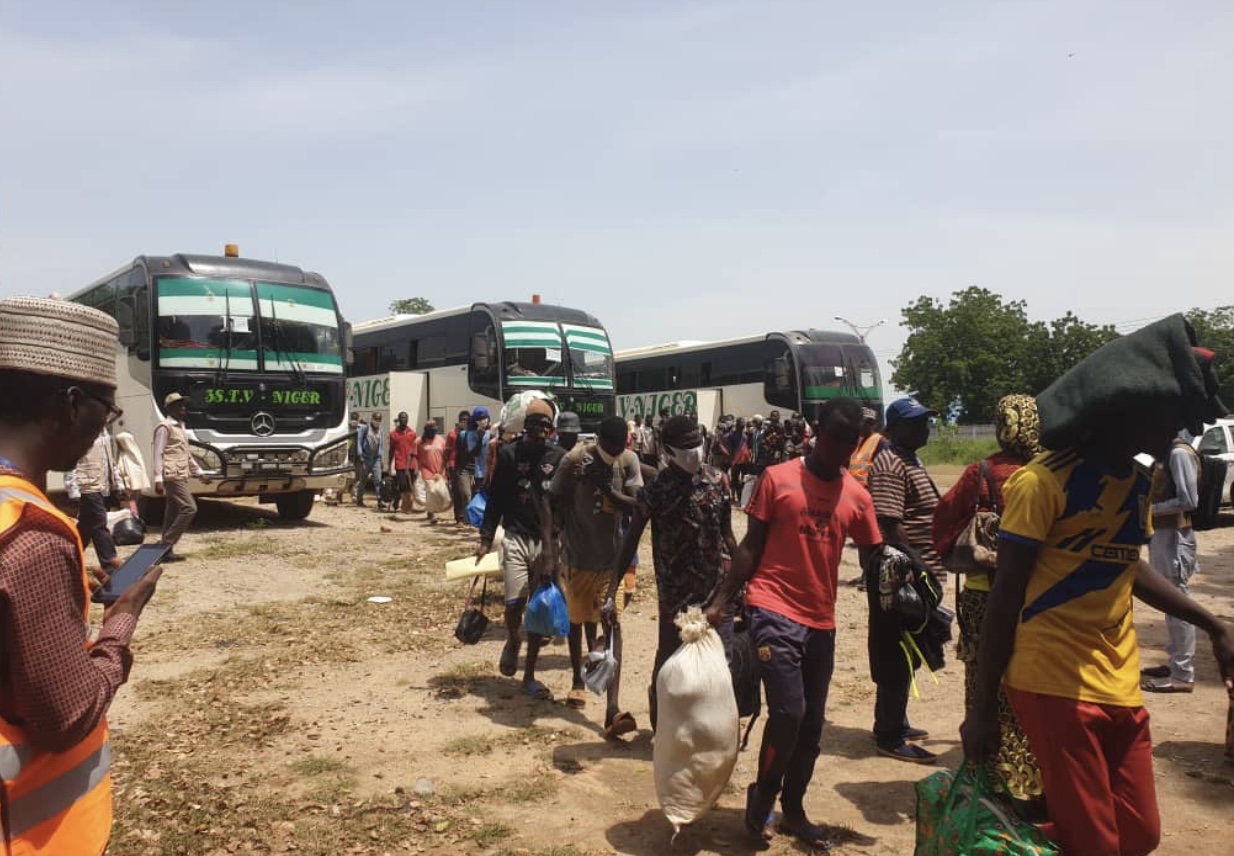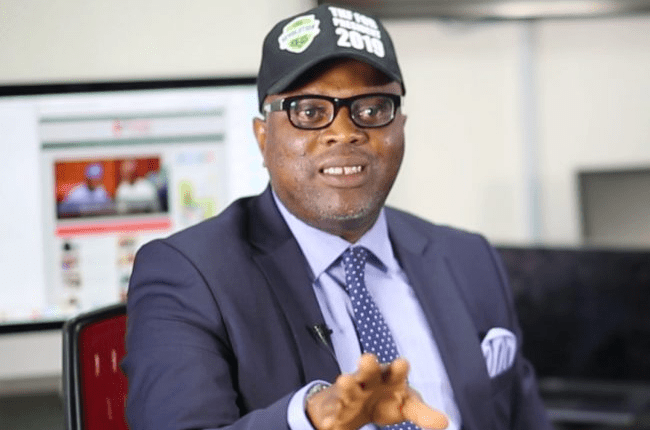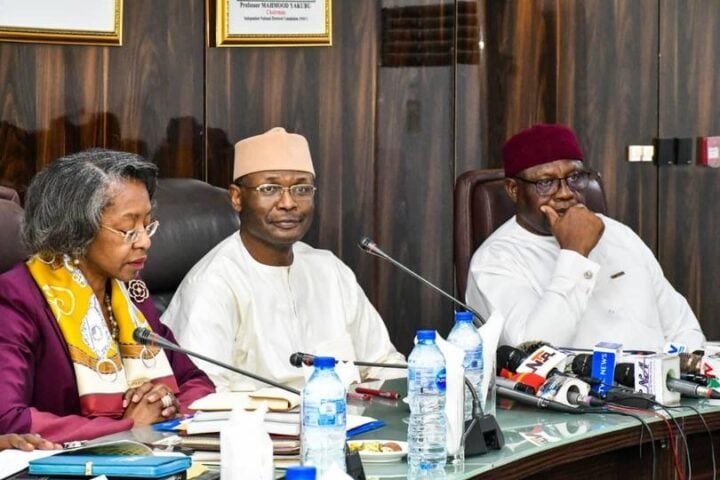Stakeholders in civil society have contended that the democratic leadership style in Africa is one of the reasons coup d’états are springing up on the continent.
The stakeholders spoke during a panel discussion organised by the Czech Republic embassy in Nigeria.
Titled ‘Is democracy important for Africa’, the discussion was held on Thursday at the Brazillian embassy in Abuja.
Jan Zahorik, a professor at the University of West Bohemia; Samson Itodo, executive director of YIAGA Africa; Jibrin Ibrahim, a professor and senior fellow at the Centre for Democracy and Development (CDD); and Chioma Agwuegbo, executive director of TechHer, were the panelists at the event.
Advertisement

Agwuegbo said African political leaders have degraded what democracy should confer on the electorate, creating a situation where the masses lose faith in them.
“If you look at Nigeria today, do we have this government of the people by the people and for the people? And you can ask this question across a thousand and one policies,” Agwuegbo said.
“So, we see a growing discontent with the type of leadership that we have and the fact that this growing discontent is leading to resentment. It is also giving the opportunity to the military or militant groups to be able to seize power.”
Advertisement
Corroborating Agwuegbo’s position, Itodo said the leadership style of African leaders makes it difficult for democracy advocates to defend them.
He questioned the Nigerian national assembly’s decision to purchase official vehicles worth billions of naira while citizens are enduring hard times.
“Let us look at the kind of cars our legislators want to purchase for themselves in this harsh economic condition that we are facing,” the YIAGA Africa executive director said.
“Look at the kind of cabinet that we have at the federal level; 49 ministers for a country that is crawling on its knees and then you tell someone that democracy is the government of the people by the people and for the people? Just give us a break.
Advertisement
“I don’t think that really as Nigerians we have lost faith in politics. I think that we have lost faith in the kind of leaders that we have and then the institutions.”
Commenting on the forceful takeover of power in the Niger Republic, Jibrin said the last three months have shown that military rule is not better than democracy.
He said more soldiers and civilians have been killed in the timespan when compared to the ousted president’s two-year stay in office.

The professor said the spate of insecurity has increased because the junta withdrew personnel from the battlefield and deployed them for their own protection.
Advertisement
He said while the coupists portray themselves as messiahs, the welfare of the people does not always lead their agenda.
Jibrin also spoke on how equality plays a critical role in every democratic setting.
Advertisement
He said while all citizens enjoy equal rights before the constitution, the reality in the country speaks otherwise.
“Equality of all before the law is one of the foundational elements of democracy. And what it means is that everybody in society must have the same law applied to them whatever their position. That means the way the law treats me and all the retired teachers is the way the law treats President Tinubu, a powerful president of a powerful country who also happens to be very wealthy and influential the world over,” the professor said.
Advertisement
“I ask the audience to reflect. Are my equality and that of President Tinubu equivalent? I think when I read my constitution, it says they are. When I reflect, I think otherwise.”
Speaking via Zoom, Zahorik commented on the link between democracy and industrialisation, saying that “if you take a look at democratic countries, they are all industrialised, well organised”.
Advertisement
“Countries where there is a significant and tangible middle class — because the middle class is not only the engine of economic growth but also the birthplace of civil society. And without civil society, you can hardly have a functioning democracy,” he said.
He however acknowledged that although the process of industialisation can take “generations”, it is a necessary prerequisite for development and the success of democracy.

The professor said Africa cannot achieve its full potential if the inequalities prevalent in the continent continue to persist.
“When you have a population where 80% of the people are living in rural areas with very little connection to state institutions, then it will be very difficult to create an inclusive and democratic society,” he said.
